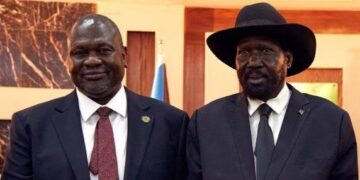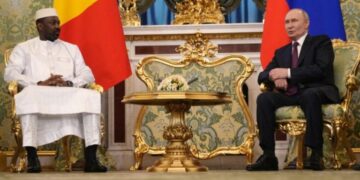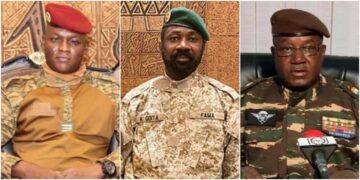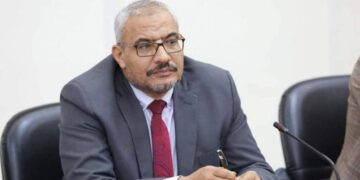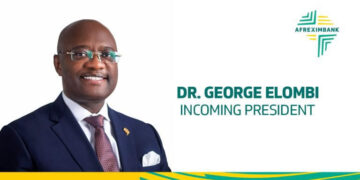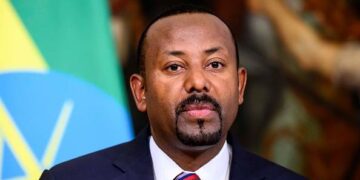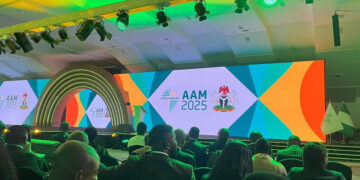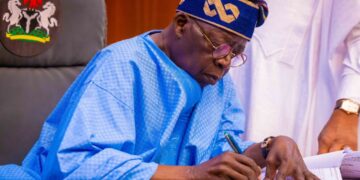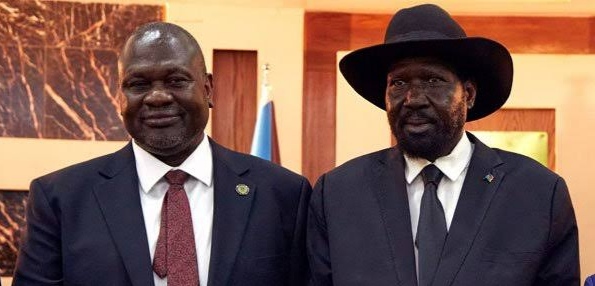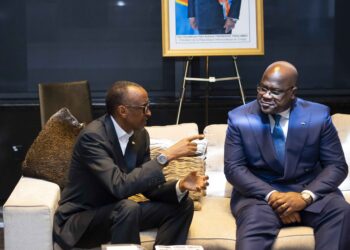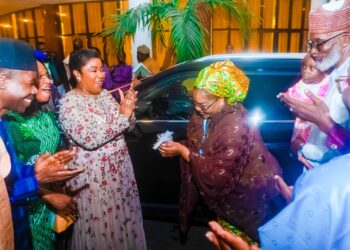By John Ikani
South Sudan’s President Salva Kiir and the country’s First Vice President Riek Machar find themselves at odds concerning the upcoming elections, amidst growing concerns about the sluggish progress in implementing crucial aspects of the peace accord.
Kiir openly expressed his frustrations about the election delays during a recent swearing-in ceremony of recently appointed SPLM national advisors, secretaries, and deputy secretaries.
“There are people who said there are no elections. There is nobody who is more tired than me. I have five deputy vice presidents, and there is no country which has five vice presidents,” said Machar.
He added, “If my deputies are the ones who go and encourage people who talk about no elections, I can tell them that there is no extension of the agreement or roadmap.”
As the leader of South Sudan’s ruling party (SPLM), Kiir issued a warning to his rivals against resorting to armed conflict if they fail to secure victory in the elections scheduled for December next year.
He emphasized that the elections would proceed, despite the setbacks in implementing key provisions of the peace agreement that brought an end to the nation’s five-year-long civil war.
Kiir reaffirmed his commitment to ensuring the elections’ occurrence, firmly ruling out any extension of the current transitional government, stating, “We are going for elections, and you should prepare yourselves. If we go for elections and you fail, do not look back. There is nothing left behind unless you want to run to the bush, and you have to look for the person who will go with you to the bush. Nobody will follow you to the bush again.”
However, during the National Economic Conference held in Juba last week, First Vice President Machar raised concerns about the feasibility of holding elections if certain crucial prerequisites are not met.
According to Machar, these prerequisites encompass the screening, training, and deployment of a unified force, the return of internally displaced persons to their original home areas, and the repatriation of refugees who sought safety in neighbouring countries during the war.
In August of the previous year, South Sudan’s leaders agreed to extend the transitional government’s term by two years, a move that received warnings from foreign partners who questioned its legitimacy. This marked the second time the parties prolonged the nation’s transitional period.
Machar highlighted that the implementation of key provisions in the roadmap is lagging behind schedule. In July, Nicholas Haysom, the Special Representative of the United Nations Secretary-General in South Sudan, remarked that with political will, adequate resources, and a commitment to creating a conducive political environment, Africa’s newest nation could still make substantial progress toward its goal of holding elections by December 2024.
